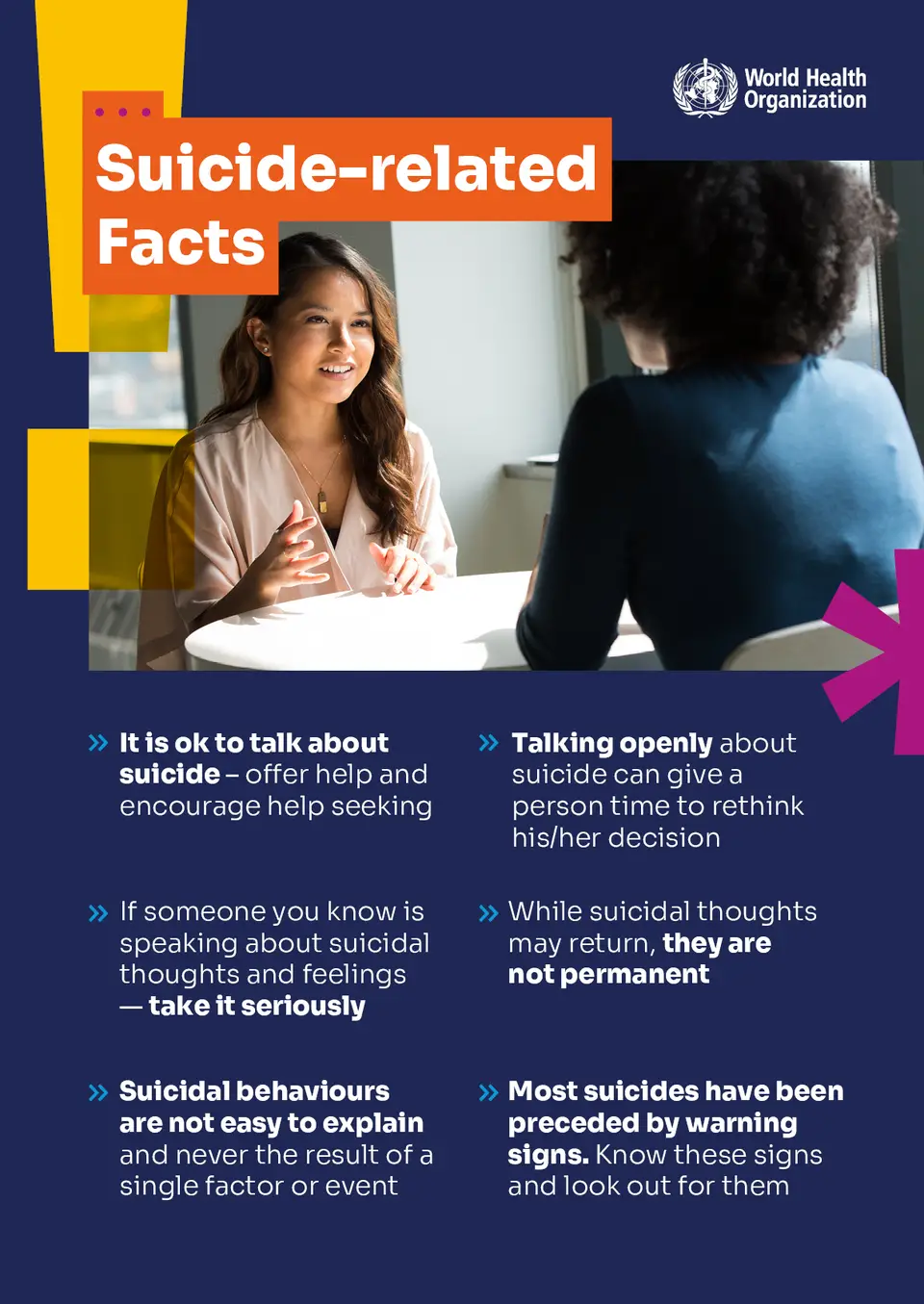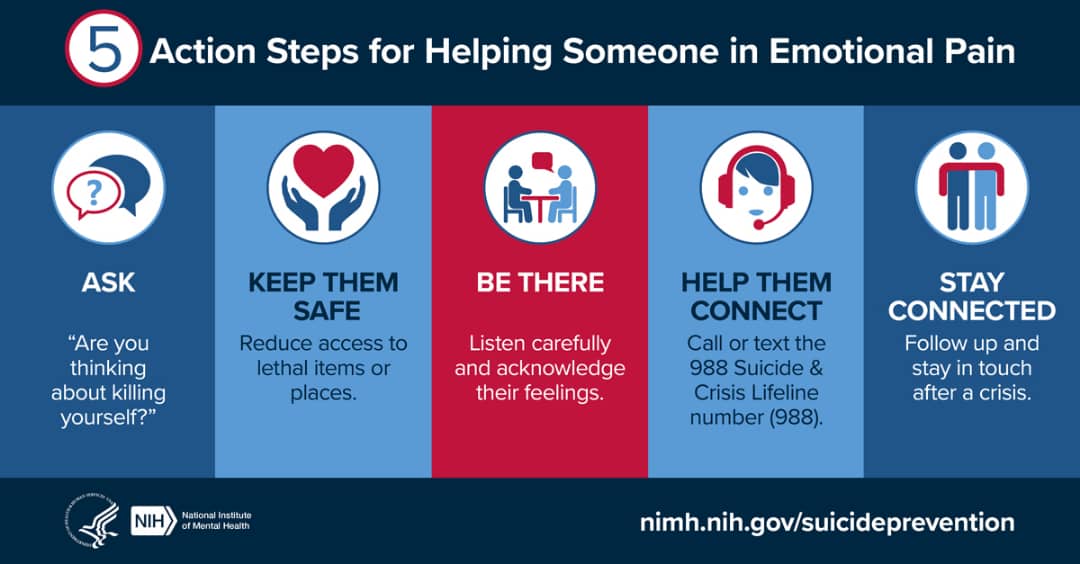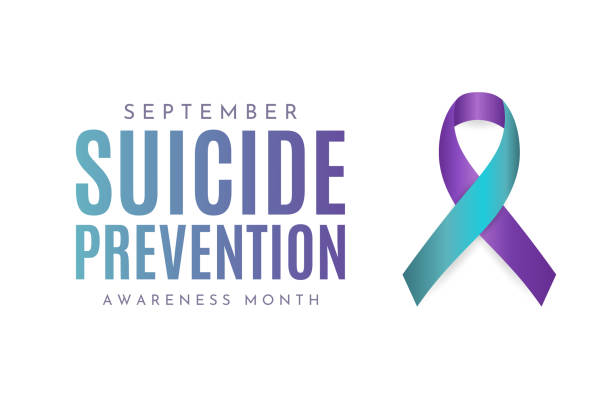Hello everyone!
How are you doing?
Today's topic is a bit dark, but it's necessary so we move. 10th of September was world suicide prevention day and it's worrisome how little we as a society know and do about suicide prevention. Many think suicide is a western problem but that's far from it. In fact, over 77% of global suicides occurred in low- and middle-income countries in 2019. Suicide is a major leading cause of death and it occurs across all genders, ages and ethnicities.

Suicide is the act of intentionally causing one's own death, and a suicide attempt is when people harm themselves with the goal of ending their life, but they do not die. It can be linked to many complex, and intersecting social, psychological, economic and cultural factors, and health challenges such as chronic illnesses, chronic pain and mental disorders contribute to suicide.
Depression, bipolar disorder, anxiety disorders, schizophrenia, and substance abuse disorders are associated with an increased risk of suicidal behavior, and in depression, a combination of factors may cause feelings of helplessness that make it difficult to envision a more positive future, and make one believe that death is the only way out of their situation.
Some other examples of risk factors for suicide are: previous suicide attempt, family history of suicide or exposure to other suicides, access to means of suicide, trauma, abuse, bullying, losses (relationships, jobs, academic failure, financial difficulties, etc), legal problems, substance use, social isolation…this list continues. Interestingly, suicide still very much occurs in societies where it is heavily stigmatized and not spoken about so clearly, burying one's head in the sand is not the solution.
What are the warning signs to look out for? Expressions of hopelessness, helplessness and worthlessness, frequently talking about death, dying and suicide, reckless behaviour, increases substance (alcohol/drug) use, extreme mood swings, giving away prized possessions, withdrawal from people, saying goodbye to friends and writing a suicide note. Making a will, and developing a funeral plan formally or informally is not a negative thing but when it comes on a background of some of these challenges, it is cause for alarm. It is true that sometimes people feign these symptoms, especially online for clout, but you likely know your friends and what they're prone to do, and which would you prefer, to be there and it turns out things are not that bad or to ignore it and lose a loved one?

What can you do to support a loved one that you feel may be suicidal? Reading this article is a step in the right direction. There are many available resources. Use them to equip yourself with information. Ask them if they feel suicidal. It opens a door for them to be able to talk to you. Be there for them, in person if possible and over the phone if not. Statements like "You have so much to live for!” or “How can you possibly be thinking of this?” can trigger feelings of shame and cause further isolation. Be empathetic. Reduce their access to lethal means and avoid them being alone for long periods. Help them connect with ongoing support; see a mental health professional and join support groups as need be. Follow them up. Don't let it be a one off. Remind them that you're there for them.
Today's post has been long but this is just a scratch on the surface. Please find out more, take your mental health and mental illness very seriously and stay healthy.
Have a great weekend!


